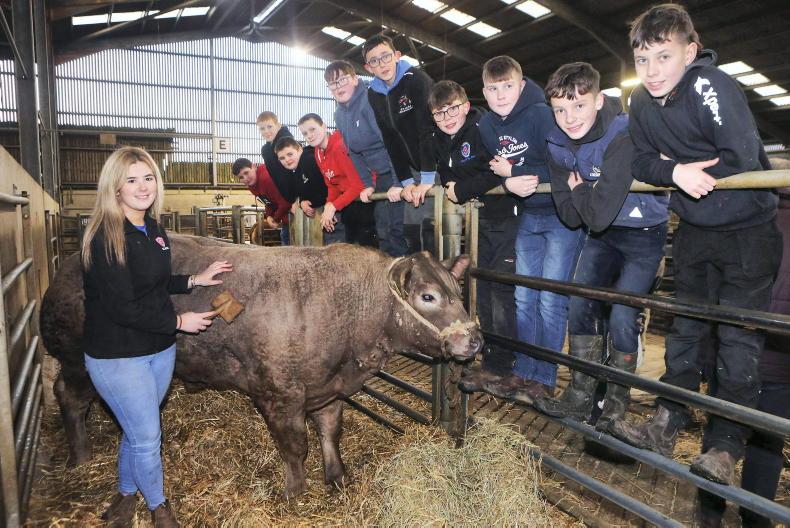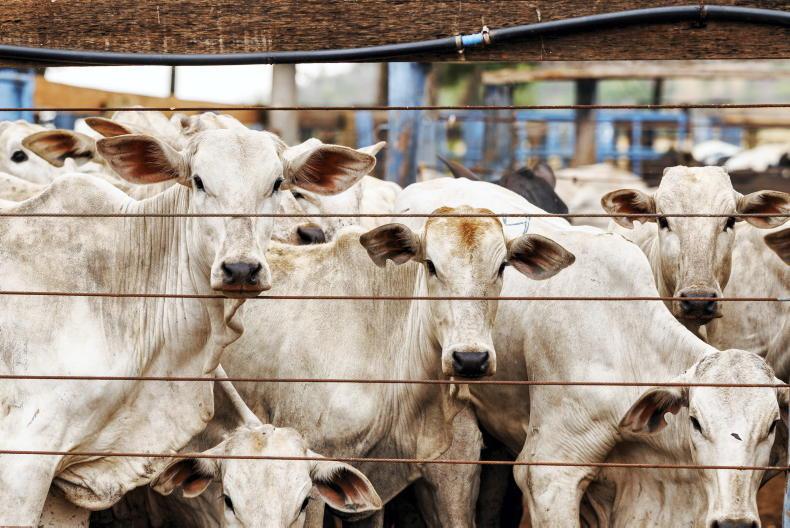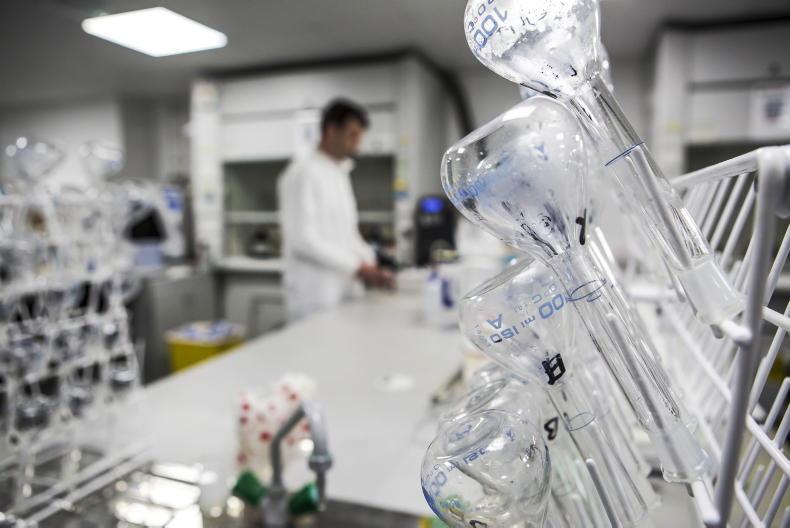Four more cases of bluetongue in Kent
DEFRA has confirmed four new cases of Bluetongue have been identified in cattle in Kent with all affected animals humanely culled to prevent further spread of the disease.
The four animals were located on two different farms within the 10km control zone established two weeks ago and just 5km from the Canterbury based herd where the initial case of bluetongue was detected in a cow in mid-November. Prior to that case, bluetongue had not been detected in Britain for 16 years.
Defra state there is no evidence that bluetongue is circulating within the midge population, which is a primary vector for transmission of the disease.
To contain the disease, a temporary ban has been enforced on the movement of livestock, embryos and semen from Britain to NI.
Diesel prices down 2p/l
Red diesel prices continue to ease on the back of lower crude oil prices, with fuel merchants applying close to a 2p/l correction from the start of November.
Price quotes for a delivery of 2,250 litres this week will cost just over 76p/l, excluding VAT, which is similar to quotes back in early July.
Twelve months ago, the same delivery of diesel cost 110p/l excluding VAT, although current prices are running above the 68p to 70p/l recorded in late November 2021.
Price quotes for DERV have eased by close on 1p/l from the start of the month with a delivery in the region of 1,000 litres costing just over 121p/l, excluding VAT.
NI farms caught by diverging rules, says UFU
The rollout of different rules and regulations in Britain and the EU is “a very worrying prospect” for NI farming, a House of Lords committee has been told.
Speaking in Westminster last week, Alexander Kinnear from the Ulster Farmers’ Union described divergence between rules made in London and Brussels as “an assassin”.
“We do not know when it will strike under the current set of rules. We find out a lot of this stuff secondhand. It just lands at our door, and we then begin to firefight,” he said.
Differences in regulations set in London and Brussels puts NI producers in a difficult position because NI must follow EU rules to be able to trade freely with the European market.
Kinnear gave the example of glyphosate which is being re-licenced for use in the EU for another 10 years at present.
“However, you will not be able to use it for the purposes of pre-harvest desiccation. If we cannot use it for that purpose, the viability of the cereal sector in NI comes into question,” he said.
Kinnear explained that other EU countries, such as the Republic of Ireland, are currently finding out if derogations or exemptions to new glyphosate rules are possible.
“Of course, NI is not a member state and neither is the UK, so we are completely at a loss in how we channel our efforts into a lobbying campaign or indeed request government to do that on our behalf,” he said.









SHARING OPTIONS